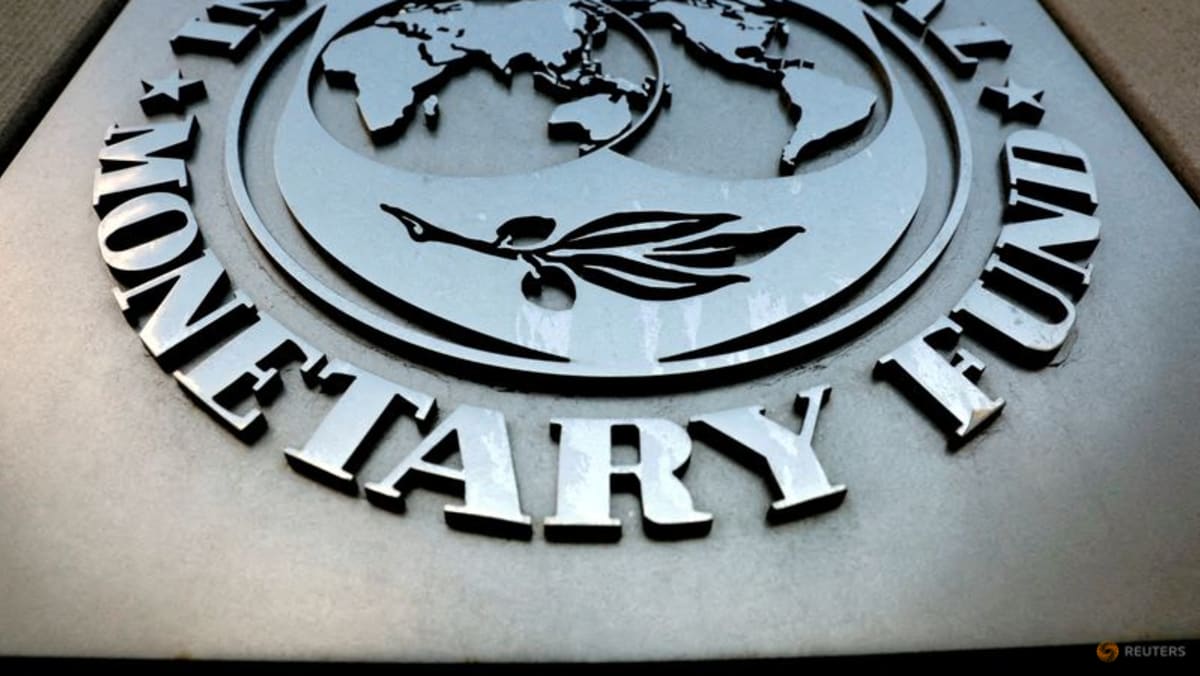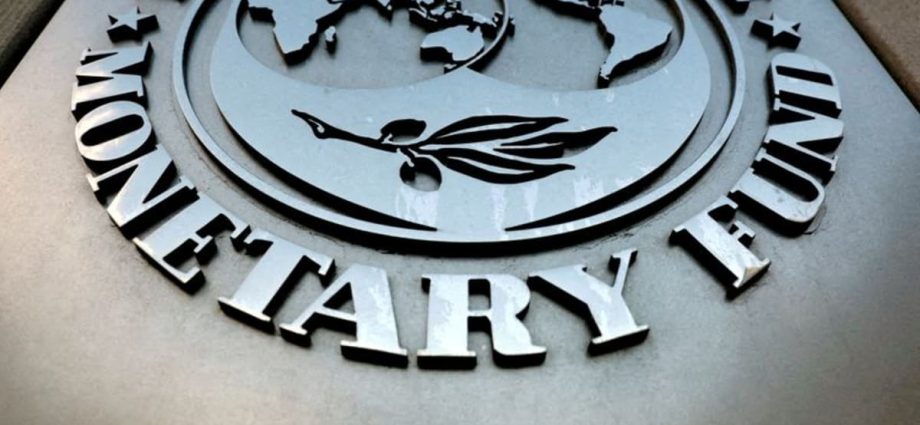
The International Monetary Fund said its executive board cleared the first review of Bangladesh’s US$4.7 billion bailout on Tuesday (Dec 13), providing US$936.6 million in funding to Dhaka as it battles high inflation ahead of national elections in January.
The IMF under the agreement provided Bangladesh with immediate access to about US$468.3 million and also made available US$221.5 million in support of the country’s climate change agenda.
High cost of living has sparked violent protests in recent months in Bangladesh as Prime Minister Sheikh Hasina’s government struggles to pay for costly energy imports due to shrinking dollar reserves and a weakening Taka currency.
IMF said Bangladesh’s monetary policy should be tightened to restore near-term macroeconomic stability, supported by neutral fiscal policy and greater exchange rate flexibility.
“Bangladesh’s economy is navigating multi-faceted economic challenges. Despite a difficult external environment, program performance has been broadly on track…” Antoinette Sayeh, the deputy managing director of IMF, said.
“Near-term policies should continue to focus on containing inflation,” Sayeh added.
Bangladesh received an immediate disbursement of about US$476 million when the IMF approved the loans in January.

